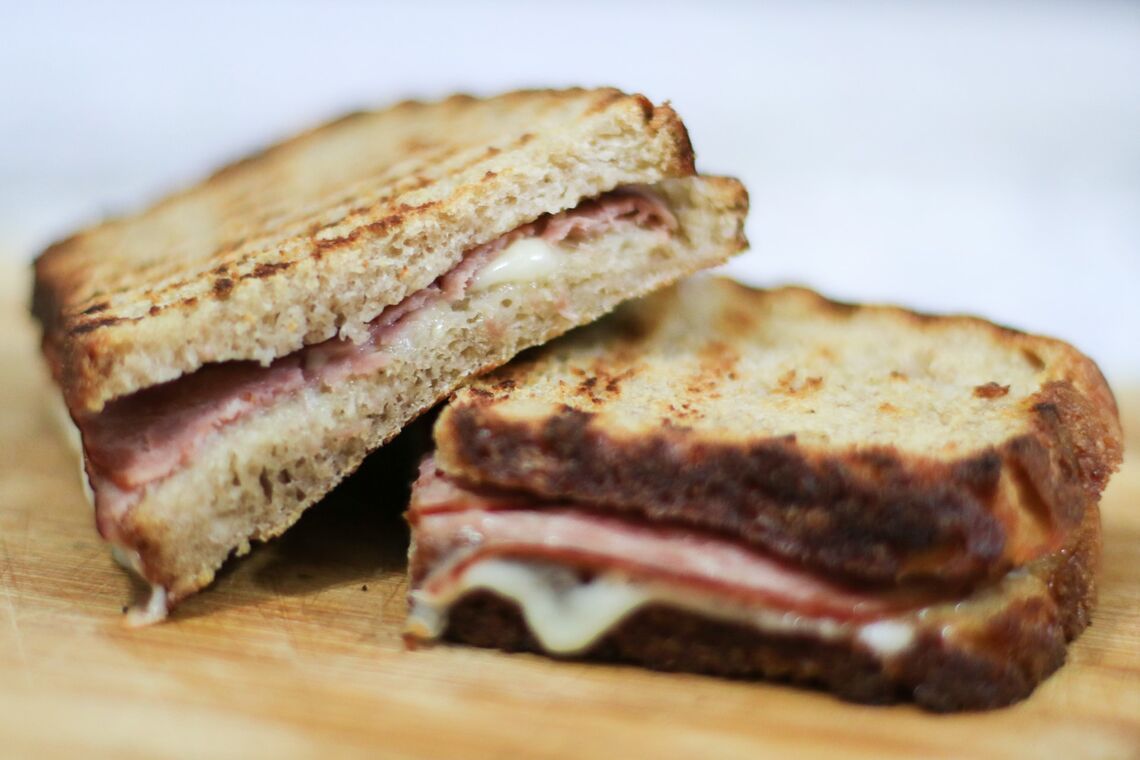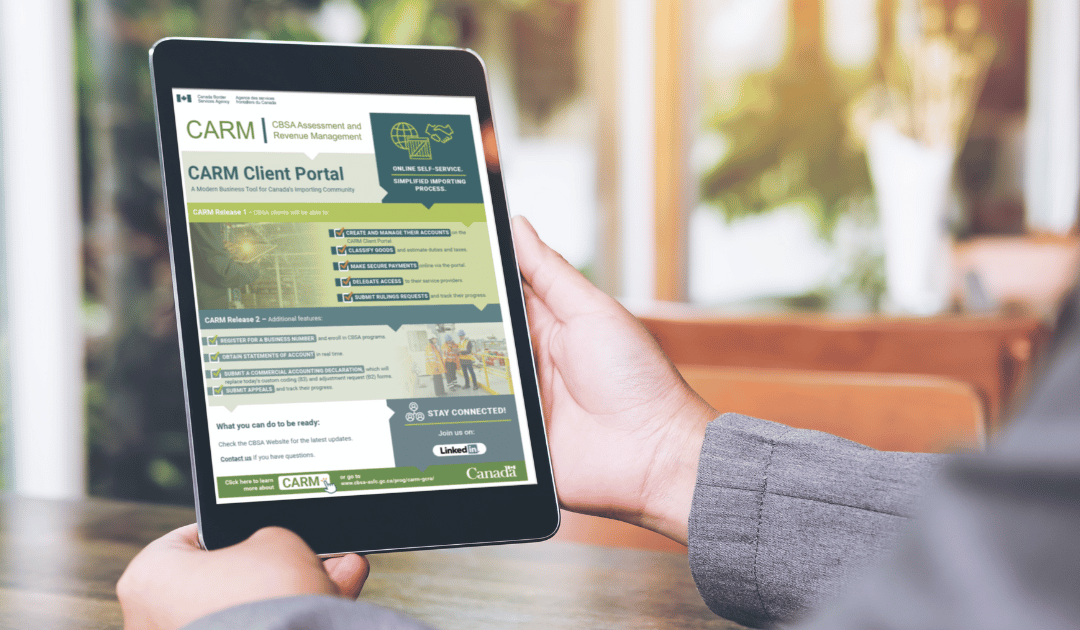TL;DR
-
Shipping POAO (Products of an animal origin) to the EU can be problematic
-
Strict regulations to prevent foodborne pathogens were implemented following the 2001 Foot and Mouth Disease epidemic
-
With the United Kingdom no longer part of the European Union, there are two sets of regulations to be aware of when shipping to Europe
-
Many shelf-stable food products can still ship directly to EU consumers if in branded packaging and under 2KG
-
Passport Shipping can help you understand the customs clearance and market-specific regulations for POAO shipments
When the UK officially left the European Union (EU) on New Year’s Day, there was plenty of speculation about the impact to supply chains. To nobody’s surprise, post-Brexit port jams showed thousands of British trucks lined up for export. For one truck driver, the surprise came when Dutch customs officials seized his ham and cheese sandwich.
You can’t say he wasn’t warned. In the first days after Brexit to effect, the British Department of Transport actually published a guidance document for trucking companies that clarifies, “You cannot bring POAO (products of an animal origin) such as those containing meat or dairy (e.g. a ham and cheese sandwich) into the EU.” So when one hapless UK truck driver tried to cross into the Netherlands with his doubly-offensive meat and dairy lunch, Dutch authorities confiscated his products of animal origin with the smug explanation, “Welcome to the Brexit.”
To be clear, it was perfectly fine for a UK citizen to travel to the EU with a ham sandwich on December 31st, 2020. But as the Brexit transition period ended on January 1st, so did the EU’s tolerance for British food. (I know, what took them so long, right?)
Ever since the 2001 Foot and Mouth Disease epidemic, EU officials have had a heightened awareness of foodborne pathogens. The EU’s regulations for personal importations point out that “pathogens could be introduced into the EU if personal goods containing meat, milk or their products are sent by post or carried in the baggage of travellers arriving from countries outside the EU, where such pathogens may be circulating.”
That said, there are some personal exemptions for shipping food items to EU consumers. In the legal parlance, these are called “small consignments of goods sent to natural persons which are not intended to be placed on the market.”
By and large, if your product is shelf-stable, in branded packaging, and under 2KG, you should be able to ship it directly to your EU consumer. However, we’d be happy to take a look at your specific products and give you our professional opinion. If you’re wondering whether your food or beverage products can clear into the EU, let’s get in touch.
And if you’ve made it this far and you’re still looking for a ham & cheese pun, we thought about it but realized it’s not kosher. “Jamon,” you say, “just one?” Queso, drop us a line anyhow and we’ll send you our favorite.




